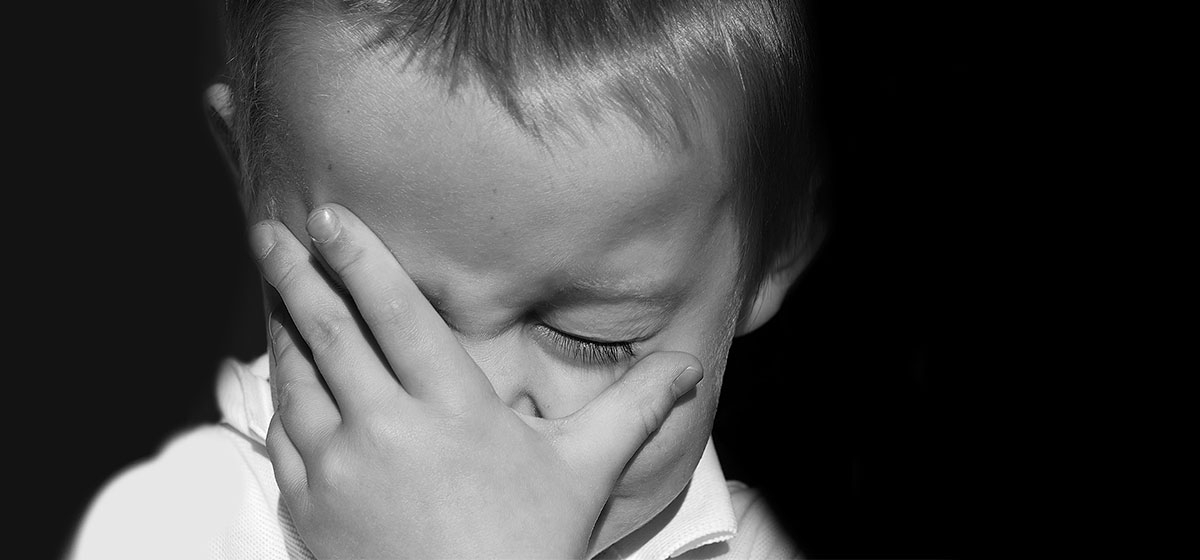The Talk

No, not that talk.
Talking to kids about sex is a walk in the park compared to talking to kids about their family’s money. The worst that can happen with the-birds-and-the-bees conversation is massive parental mortification. The worst that can happen with the money talk, however, is… Well, let’s look into that.
For more than a century, harkening back to the Industrial Revolution (the first time in human history that anyone had enough money to worry about talking to their kids about it), parents have worried that if their kids knew how much money the family had it would ruin them. Exactly what sort of ruin would come about wasn’t hard to visualize: the kids would grow up to be spoiled, entitled, lazy, self-absorbed, legacy-destroying trust-fund-babies. In short, failed human beings.
If you’ve spent much of your life in the wealth management business, as I have, you will have met so many trust fund babies that it will begin to seem the rule, rather than the exception. Actually, though, as we’ll see in a moment, that’s not the case at all. In fact, as I’ve pointed out elsewhere (Creative Capital, The Stewardship of Wealth, etc.), even great wealth won’t spoil kids who are properly parented, while even modest means will ruin kids who aren’t.
Evolving from infanthood to full adulthood is a challenge for all of us. As infants we are utterly self-centered—all that matters to us is our own needs and wants. Allow us to become hungry or uncomfortable and we put up a ruckus as though we were suffering the tortures of the damned. As we get a bit older, we continue our selfish proclivities. If we see something we want, we take it—never mind whose property it is. On the other hand, just let someone take something of ours and we respond with the sort of over-the-top violence usually reserved for the D-Day Invasion. When we are young, in short, we are little savages.
This behavior, so common to us that we’ve forgotten how awful it is, is based deep in our DNA. Human infants, and even young children, are completely helpless creatures. Leave a young child alone to fend for itself and it will be dead in a day—even in a few hours, depending on the circumstances. Thus, it’s critically important for human infants to let their caregivers know they need something.
Unfortunately, the difference between real needs (food, water, pain) and mere wants (“Dammit, that’s my toy, even if it’s yours!”) tends to become confused. It’s up to the parents, or other caregivers, to straighten small children out about these matters: “How many times have a I told you not to hit your sister?”
Children become socialized via a complex process that includes parental guidance, but that also involves their own maturation: an improving ability to make their needs and wants known more appropriately, and an improving ability to distinguish between needs and mere desires. As the months and years go by we gradually realize that we aren’t, actually, the center of the universe. That universe, it turns out, includes a lot of other people who stubbornly insist that their priorities are just as important as ours.
By the age of (roughly) thirteen, human beings have historically been considered to be more like grownups than children. For thousands of years, people of that age were put to work hunting, gathering, procreating, even fighting. Even in our modern, depleted age, thirteen-year-olds are perfectly capable of surviving on their own without any help from their parents. Not thriving, maybe, but surviving. This combination of increasing independence from their parents but not-yet-fully-civilized brains is what makes teenagers so exasperating. (I’ve had six of them, so I know whereof I speak.)
At some age, younger or older, most of us become “civilized,” that is, we find that we have become responsible adults, supporting ourselves, raising little savages of our own. But in fact, no matter how smoothly this maturation and civilizing process has gone, we all remain, to some extent, at least, misfits in the civilized world. Some part of us rages against the rules, laws, customs, and taboos of the civilization we inhabit. Those strictures require us to subordinate our own desires to those of others, and while we may understand intellectually why that has to be the case, emotionally we don’t like it one bit. Civilization, as I’ve said before, is like a very fine suit of clothes that is just slightly too small for us.
The part of us that doesn’t fit into our civilized clothes can cause all sorts of grief—crime, war, greed, hatred—but it can also lead to human progress. The smashing of old taboos and the creation of new and improved cultural norms is usually the work of misfits—people who not only don’t like societies’ rules but go ahead and break them. Name any sort of major improvement in human civilization—freedom and independence, progress in race and gender issues, astonishing advances in science, industry, technology, the arts—and behind them will lurk a bunch of hopeless misfits.
Of course, given that we are human beings, the transition from savage to civilized can go badly wrong. Sometimes it happens for internal reasons—neuroses or psychoses that interfere with our ability to develop normally. Sometimes it happens for external reasons. Stroll through any shopping mall—if there any left—and we can easily observe horrible parenting strategies in action.
And there is another way that the maturation process can go wrong: too much money. We’ll pursue that line of thought next week.
Next up: The Talk, Part II





